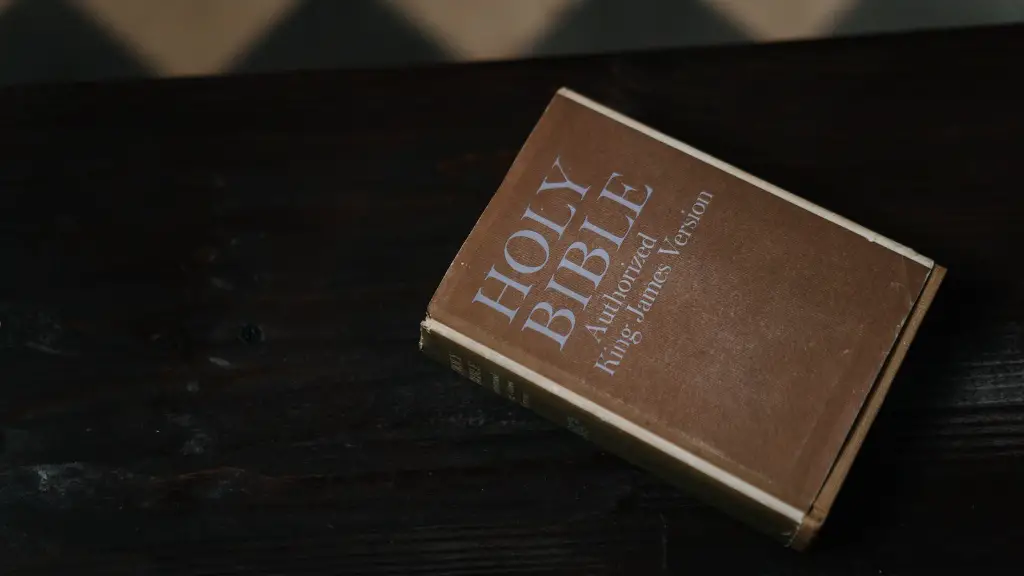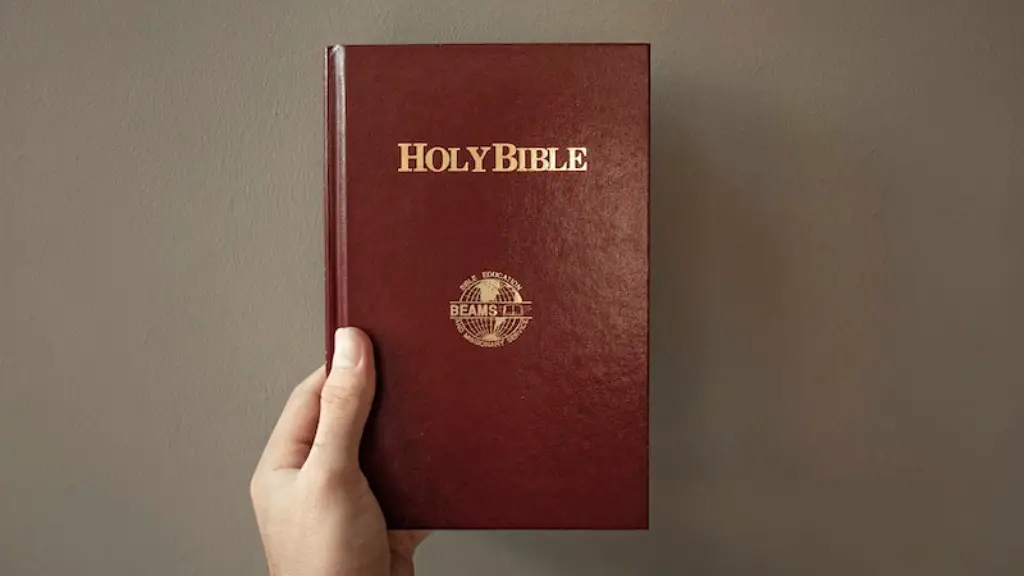Definition
A eunuch in the Bible is a castrated human male for religious or political purposes. It is referred to primarily in the Old Testament of the Bible, and counts as a key element in Bible narrative and tradition. In biblical usage, eunuchs were those of royal or courtly status, especially royal attendants and princes. Eunuchs were also sometimes appointed by rulers for political reasons.
Biblical Context
In Bible narrative, eunuchs are usually designated in terms of their role within a greater court. Josephus, a first-century Jewish historian, wrote of the importance of eunuchs in the rule of the Assyrian kings, noting that they served “in the parts of his palace and the court which pertain to secret information and personal business.” The Old Testament references to eunuchs occurred primarily during the reign of King Solomon, whose court was said to include “eunuchs, officers of the king’s guard, gatekeepers and porters” (1 Kings 4:26). Eunuchs are also dramatically depicted in the Bible as a result of their historical reality: in Esther 1:10-12, for example, “Vashti the queen refused to come at the king’s command brought by his eunuchs; therefore the king was furious, and his anger burned within him.”
Symbolism
In religious understanding, a eunuch has symbolic value that suggests the importance of self-restraint, loyalty and service. In the New Testament, Jesus in Matthew 19:12 said, “some eunuchs have been so from birth […], and some have been made eunuchs by men; and there are others who have made themselves eunuchs for the sake of the kingdom of heaven,” suggesting that some eunuchs could be called to virginity and to a greater service. This insight is shared by the Qur’an (24:31), which refers to eunuchs as those who fulfill the need to be without sexual desire: “And those who do not grow up [into adult life with their families], but remain in their state of virginity – God has greatly blessed them and has made them secure from every distress from their enemies.”
Purpose
The biblical conception of eunuchs implies that they were set apart for a purpose. Eunuchs symbolized servitude—but also loyalty and commitment—that was greater than the ordinary. The Old Testament records that the same Pharaoh who set Joseph to rule over Egypt “gave Joseph a public directive to make him overseer over all the land of Egypt, and to own all the people, and all the treasures of the Pharaoh” (Genesis 41:41). The Hebrew Bible also records that God initiated a covenant with the Levites to serve as guardians of the Temple (Isaiah 56:3-5) and that, even under Babylonian rule, some eunuchs volunteered themselves as slaves to the prophet Daniel, who was leading the people of Israel (Daniel 1:3).
Modern Eunuchs
Modern conceptions of eunuchs and their roles vary. In some societies, they continue to be used in religious or political contexts, while in others they are viewed as members of a marginalized subculture. In India, eunuchs long have served in a variety of roles, including guardians and dancers, and often now work in private and unofficial capacities. In Iran, for example, eunuchs remain under the rule of the religious establishment, with some having success in public office. In sub-Saharan Africa, eunuchs have had a central political and social function in some societies; in many of these, however, modern laws increasingly have denied them rights, leading to high levels of poverty and limitations on their participation in politics and other social roles.
Attitudes Toward Eunuchs
Public attitudes toward eunuchs have been complicated. Some emphasize the importance of their historical roles, and some regard them as a vulnerable and socially marginalized group, who should be protected and served in a variety of legal contexts. But, in many religious contexts, there are still dominant cultural biases against eunuchs, who often are seen as transgressing gender and social norms.
Rights of Eunuchs
International human rights organizations increasingly recognize the rights of eunuchs, and the Universal Declaration of Human Rights includes explicit provisions for the prohibition of discrimination based on gender identity and sexual orientation, including for eunuchs. The Human Rights Council, for example, has called for the end of discrimination, torture and detention of eunuchs that violate basic human rights norms. Policies governing their rights vary significantly across countries, and there is a general lack of effective laws and policies protecting them.
Medical Treatment
There are no known medical treatments specifically available for eunuchs. They typically pursue surgical or hormone therapy options that are available to anyone. In some countries, treatments are not considered necessary, as eunuchs often have acquired a life-long identity through their eunuch status. They may experience stresses related to their social identity, however, as well as hormonal imbalances associated with their condition.
Social Support
Eunuchs experience a range of social ills due to their status, and it is important that governments and civil society groups provide support for them. Social support networks, such as those found in transgender and LGBT communities, can help eunuchs to gain access to medical supports and resources. In addition, shelters and support groups can be established to provide safe spaces for eunuchs to discuss issues and to build a sense of belonging. These efforts can go a long way toward helping eunuchs build relationships and become empowered members of society.
Legal Recognition
Some countries are beginning to recognize eunuchs with legal protections and rights. In India, for example, eunuchs are now afforded special liberties, including the right to vote and to receive social pensions. This recognition has brought some acknowledgement of their contributions to society, and has provided them with greater influence. Other countries, however, still have yet to extend legal recognition to eunuchs, or have failed to fully protect them under existing civil rights laws.
Conclusion
Eunuchs have a long and complex history in the Bible, and continue to occupy an important role in religious and cultural understanding. As governments and civil society groups increasingly recognize eunuchs and their rights, the overall social acceptance of their identities is gradually improving. The understanding of eunuchs in the Bible is an ongoing matter of debate, and the Bible provides an important source of insight for our contemporary understanding of eunuch rights and recognitions.


